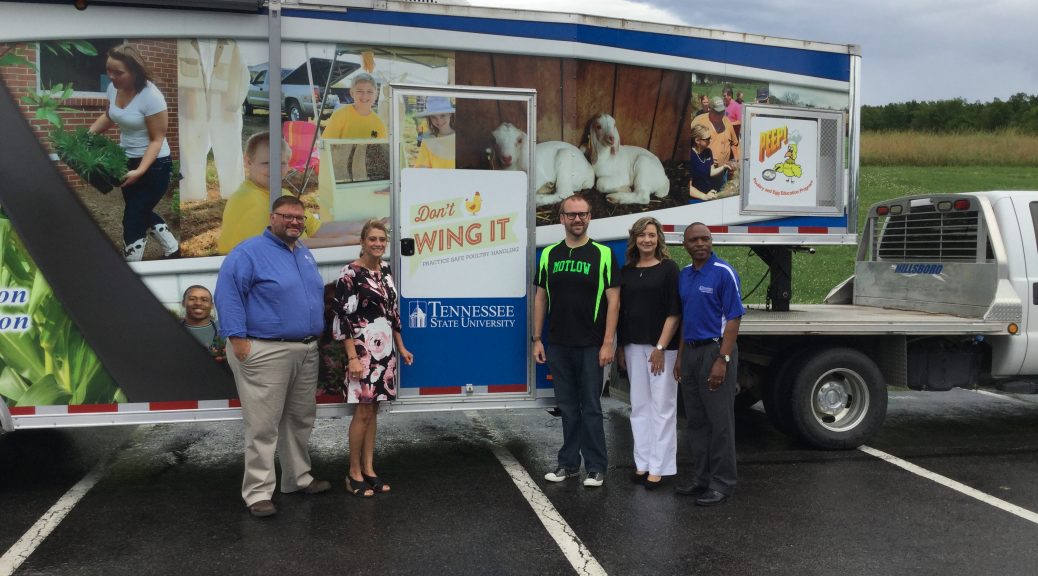NASHVILLE, Tenn. (TSU News Service) – Houston, Texas will serve as the backdrop for a special performance by Tennessee State University’s Aristocrat of Bands in July.

Affectionately known as the AOB, the band will be front and center during the upcoming national conference for Alpha Kappa Alpha Sorority, Inc. Members are preparing for a big show, which is extremely important as the natives believe, “everything is bigger in Texas.”
“The Aristocrat of Bands is honored to be invited and have the opportunity to perform for a prestigious audience such as Alpha Kappa Alpha Sorority, Incorporated,” said TSU Band Director Dr. Reginald McDonald. “This performance will also give us exposure in the Houston area. The Aristocrat of Bands Staff started vigorously recruiting the Houston market about three years ago to date,” added McDonald.
Dr. Glenda Glover, TSU’s first female and eighth president, will become the 30th international president of Alpha Kappa Alpha. The service organization is the oldest African American sorority in the country with nearly 300,000 members worldwide, in 1,000 chapters. Glover believes her leadership role with the organization will assist in recruiting talented students to TSU and enhance the university’s presence on a national stage.
“I’m truly humbled by the membership for electing me to this position, and just as proud to have my institution, and alma mater be part of the this special moment,” said President Glover. “Our world renowned band is one of the university’s greatest ambassadors. Band members will have center stage in front of nearly 20,000 sorority members and special guests to showcase their talents. The performance will be a proud moment for me and for the institution.”
The band is a part of several performers scheduled for the 68th national conference for the sorority. Glover noted she was pleased that friends and sponsors made the trip possible. This means the university will not incur costs or be responsible for paying transportation, food or lodging, another major incentive for the band. McDonald said he reminds band members they represent themselves, but most importantly TSU whenever they travel.
“While we are no strangers to being on a national stage, anytime the Aristocrat of Bands has an opportunity to perform anywhere, I always remind my students that the TSU on our chest is bigger than we are. We represent the dreams and hopes of past, present and future alumni, as well as all of our stakeholders.”
In 2014, the AOB became the first collegiate band ever to be presented at halftime of the NFL Pro Football Hall of Fame game. The band and university made national headlines again in 2017 by accepting a special invitation from President Barack Obama to perform on the White House Lawn. Both President Glover and McDonald believe the presentation in Houston will continue to open more doors for the band and TSU.
Department of Media Relations
Tennessee State University
3500 John Merritt Boulevard
Nashville, Tennessee 37209
615.963.5331
About Tennessee State University
With more than 8,000 students, Tennessee State University is Nashville’s only public university, and is a comprehensive, urban, co-educational, land-grant university offering 38 bachelor’s degree programs, 25 master’s degree programs and seven doctoral degrees. TSU has earned a top 20 ranking for Historically Black Colleges and Universities according to U.S. News and World Report, and rated as one of the top universities in the country by Washington Monthly for social mobility, research and community service. Founded in 1912, Tennessee State University celebrated 100 years in Nashville during 2012. Visit the University online at tnstate.edu.














